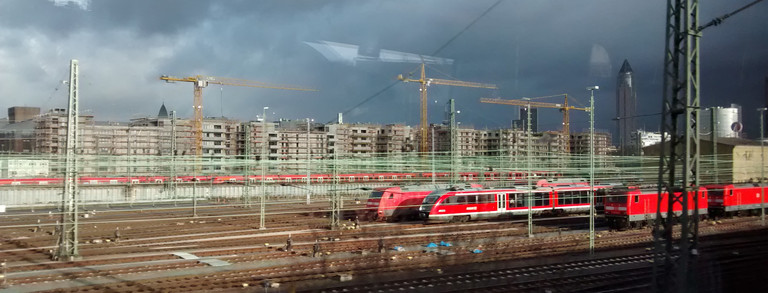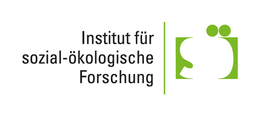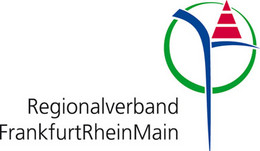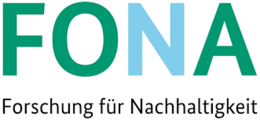
PendelLabor | Ways towards a sustainable urban-rural mobility using the example of the Frankfurt Rhine-Main region
The project PendelLabor explores the question of how city-regional interconnections of commuters can be made more compatible by taking the strongly changing social and technological framework conditions into account. On the one hand, a social change in mobility is emerging. City dwellers are using multimodal travelling options increasingly, the range of transport options is becoming more diverse and some companies are contributing to more sustainable mobility with company mobility management. On the other hand, the number of commuters continues to rise - with well-known consequences for ecology, health and quality of life. The consequences for traffic, urban development and the environment are clearly felt in both types of municipalities - the ones employees commute out of as well as the ones they are aiming for.
Duration: 09/2020 – 12/2023
Goal: The aim of the project is to find innovative solutions for the sustainable design of city-regional interconnections of commuters using the example of the Frankfurt Rhine-Main region. A common understanding of the problem and the joint action of different actors in the city region should contribute to a socio-ecological transformation of the mobility system. The task of the SRP research group is to identify planning practices and scopes for action for a sustainable urban-rural mobility and to relate these to commuting as an everyday practice.
Approach: The project follows an inter- and transdisciplinary research approach in which researchers from social sciences, transport research and planning, mobility management, urban and spatial planning work together with practitioners from regional planning and mobility management. In a co-design process, ideas for measures to change commuting practices are developed with the aim of making commuting more sustainable. The most promising measures will be implemented in a field experiment in two corridors of the study region. The co-design is prepared by a social-empirical survey of commuting and planning practices, in which the actions of commuters and planners are examined within their structural framework conditions. The overall process will be accompanied by a stakeholder dialogue.
Research process
The evaluation of key statistical figures served as a first approximation of the spatial framework conditions for commuting in the Rhine-Main Region. The initial situation for the entire study region and for two study corridors was characterised via the topics of residential population, jobs, commuting volume, accessibility and mobility offer, settlement development and housing offer. The statistical figures were taken from existing databases (e.g. INKAR, IÖR). For the topics of residential population, jobs, commuting volume, accessibility and mobility supply, settlement development and housing supply, 3-5 indicators were selected in each case and shown once as a map for the entire study region and for the two study corridors.
The document analysis was the first of two steps in the empirical analysis of planning practices in the Rhine-Main region. It served as an approach to the initial situation in the study region, to existing planning practices and to the perspective of local and regional planning actors. 23 planning documents on settlement and transport development, e.g. regional development concepts, urban development concepts, mobility concepts and local transport plans, were evaluated based on the content-structuring qualitative content analysis according to Kuckartz (2018). The document analysis elaborates potentials and challenges, objectives as well as strategies and approaches of settlement and transport development. Furthermore, steering instruments and methods as well as aspects of integrated action, e.g. the inclusion of different actors or a spatially or thematically integrated approach, are identified. Similarities and differences between disciplines (i.e. settlement and transport development) and levels of action (i.e. local and supra-local) were highlighted.
The expert interviews were the second of two steps in the empirical analysis of planning practices in the Rhine-Main region. Between November 2021 and February 2022, 14 expert interviews were conducted (11 individual, 2 pair and 1 group interview). Four interviews were conducted at regional or district level, three in independent cities and 7 in cities belonging to districts. The disciplines of urban and regional planning and transport planning were equally represented. The interviews provide an insight into planning routines in dealing with settlement and transport development. Similar to the document analysis, the interviews focus on potentials and challenges, objectives, strategies and approaches to settlement and transport development. In addition, questions were asked about steering instruments and methods as well as aspects of integrated action, e.g. the inclusion of different actors or a spatially or thematically integrated approach.
In September 2022, two role-playing games were conducted to playfully explore possible solutions and actions for the design of sustainable urban-rural mobility. The starting point for the games was the fictitious medium-sized town of Duddbach. In characterising the fictitious starting situation, we were guided by real medium-sized towns in the Frankfurt Rhine-Main region. The task of the role-playing games was to create a bridge from a future image to the current situation in Duddbach in the sense of backcasting. The future image describes the specific qualities that should make up life in Duddbach in 2050. In the games, we started from this image of the future and considered - backwards - which preconditions had to be created and which steps had to be taken in order to achieve the image of the future. The games were designed in such a way that the participants took on a different role and perspective than they usually have in their everyday work. A mobility officer became an urban planner, a regional planner took on the role of a municipal transport planner and the representative of a transport company became a sustainability activist. On the one hand, the participants were to get to know a different perspective on a familiar object. On the other hand, they had to leave their everyday logic of thinking and acting and engage with the fictitious situation in an unbiased way. With eight and nine participants from the Rhine-Main region, a total of five future paths for sustainable urban-rural mobility were developed.
Two international case studies complement the empirical analysis of planning practices in the Rhine-Main region. The urban development projects Utrecht Leidsche Rijn and Copenhagen Nordhavn are to make it possible to examine the implementation of objectives and approaches that have proven important in the study region. Utrecht Leidsche Rijn stands for the approach of public transport-oriented settlement development, Copenhagen Nordhavn for inner development through conversion. Both projects will be examined with regard to (1) compact settlement structures and supply structures close to residential areas, (2) green and blue structures as well as cycle path networks and (3) the public transport network and mobility stations. The focus is initially on the built form and on the embedding of the urban development projects in the overall urban or city-regional context. The international case studies should provide additional impulses and recommendations for action.
Project-related publications
- Luca Nitschke, Paula Quentin, Fabian Kanisius, Kai Schluckebier, Nora Burlon, Jost Buscher, Jutta Deffner, André Bruns, Melina Stein, Heike Mühlhans, Frank Othengrafen, Jan-Marc Joost (2022): Pendeln verstehen: Status quo, Forschungsstand und Perspektiven. ISOE-Materialien Soziale Ökologie, 67.
- Paula Quentin, Jost Buscher (2023): Zielvorstellungen und Handlungsansätze in der Siedlungs- und Verkehrsentwicklung. Eine Auswertung von Planungsdokumenten aus der Region Frankfurt Rhein-Main. SRPapers, Nr. 5, Dortmund, doi: 10.17877/DE290R-23167.
-
Paula Quentin, Nora Burlon, Thomas Eltner (2023): Wege zu einer nachhaltigen Stadt-Umland-Mobilität. Durchführung zweier Planspiele im Forschungsprojekt PendelLabor, SRPapers, Nr. 6, Dortmund, doi: 10.17877/DE290R-23247.
-
Paula Quentin, Jost Buscher, Thomas Eltner (2023): Transport Planning beyond Infrastructural Change: An Empirical Analysis of Transport Planning Practices in the Rhine-Main Region in Germany, in: Sustainability 15 (13), 10025, doi: 10.3390/su151310025.
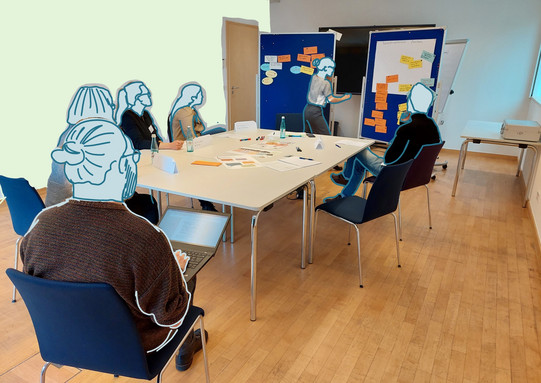
Project Partners & Funding
Project Partners
- ISOE – Institute for social-ecological research (partner project leader)
- Rhein-Main University of Applied Sciences, Faculty of Architecture and Civil Engineering
- ivm GmbH
Practice Partners
- City of Frankfurt
- Regionalverband FrankfurtRheinMain
Funding
The project "PendelLabor - Ways to sustainable urban-rural mobility using the example of the Frankfurt Rhine-Main region" is funded by the Federal Ministry of Education and Research (BMBF) in the funding priority social-ecological research in the funding area MobilitätsZukunftsLabor 2050 (funding reference 01UV2084B).
More information can be found on the research project's website: PendelLabor.
Contact Partners
| TU Dortmund University Department of Spatial Planning Urban and Regional Planning Univ.-Prof. Dr.-Ing. Frank Othengrafen | TU Dortmund University Department of Spatial Planning Urban and Regional Planning Paula Quentin, M.Sc. |



